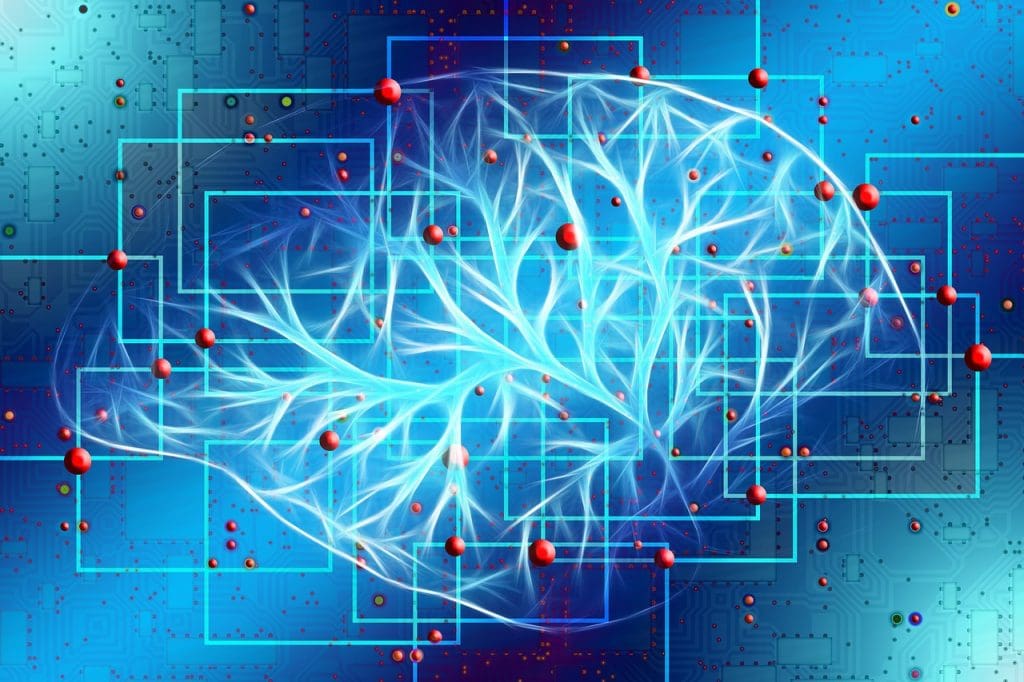Estimated reading time: 4 mins
Nostalgia is a sensation we’ve all experienced – it’s that warm and fuzzy feeling we get when we think back to times gone by. It can be triggered by music, old photographs, books or even the smell of a particular food. But what if there was more to nostalgia than just a nice feeling? What if this emotion could actually do something positive for our mental wellbeing? As it turns out, it can – and here’s why nostalgia is good for our mental wellbeing.
For example, when I was a kid, I was a gamer. I recently began volunteering at a computer museum local to me, and it’s choc-full of old gaming systems. It’s a nostalgic feast, and I love it. What do I get from it? See below.

The Benefits of Nostalgia
One of the key benefits of nostalgia is that it helps us to develop feelings of self-worth. When we look back on past experiences, whether they were good or bad, we are able to reflect on who we are as individuals and how far we have come since then. This gives us a sense of pride in our own achievements and helps us appreciate the journey that has taken us from where we once were to where we are now.
Nostalgia also allows us to gain perspective on difficult situations in life; it helps us see things with clarity that was not available at the time. By looking back on our experiences through rose-tinted glasses, so to speak, it allows us to put things into context and make sense of them in ways that weren’t possible when they first happened.
Furthermore, nostalgia can help build stronger relationships with those around us – both family members and friends alike. By reminiscing about shared memories together, these connections are strengthened as people bond over shared experiences and happy times spent together in the past.
Nostalgia also serves as an important coping mechanism during times of stress or anxiety; it provides an escape from reality by allowing people to retreat into happier times until they feel ready again to face current challenges head-on. And because the act of remembering past events involves positive emotions such as joy and contentment, this can provide an effective distraction from negative thoughts or feelings which may be plaguing someone’s mind at any given time.
Finally, nostalgia can also be beneficial for physical health too; studies have shown that people who regularly engage in nostalgic activities tend to have lower levels of cortisol (the hormone associated with stress) circulating in their bodies than those who don’t partake in such activities. This suggests that taking some time out every now and again for nostalgic pursuits could potentially help reduce stress levels long term – something which is essential for overall wellbeing!
What’s the Science Behind Nostalgia?


Nostalgia is a complex emotion that can be defined as a sentimental longing or wistful affection for a period in the past. It is a feeling of nostalgia that is typically triggered by a certain smell, sound, or sight. The emotion can be both positive and negative, and is often associated with a longing for simpler times.
The science of nostalgia has become an area of interest for many researchers in recent years, as it is believed to be linked to many aspects of our psychological and physical health. Studies have suggested that nostalgia can help reduce feelings of loneliness, boost positive emotions, and even improve physical health.
At a neurological level, nostalgia is thought to be linked to the reward system of the brain. When we experience nostalgia, the reward system is activated and we feel a sense of pleasure and satisfaction. This is believed to be caused by the release of dopamine, a neurotransmitter associated with feelings of pleasure and reward.
At a psychological level, nostalgia is thought to be an effective coping mechanism. It can serve as an escape from negative emotions, allowing us to focus on the positive aspects of our past. This can help us to cope with difficult situations and provide a sense of comfort and security.
At a sociological level, nostalgia is thought to be a way of connecting with others. It can provide a shared experience among people, allowing them to bond and feel closer to one another. This can help to strengthen relationships and create a sense of belonging.
Finally, at a philosophical level, nostalgia is thought to be a way of understanding the human condition. It can provide us with a sense of perspective and allow us to reflect on the past, present, and future. This can give us a greater understanding of our place in the world and how we fit into the grand scheme of things.


Summary
To sum up then: Nostalgia is much more than just a pleasant feeling – its effects go far beyond simply making us feel good about ourselves momentarily; it can actually play an important role in helping improve mental wellbeing too! So next time you find yourself daydreaming about earlier days gone by, take comfort knowing you might just be doing your mind a favour too!
